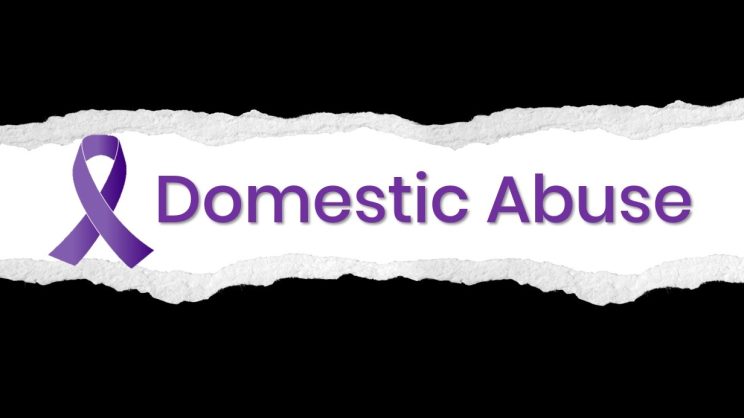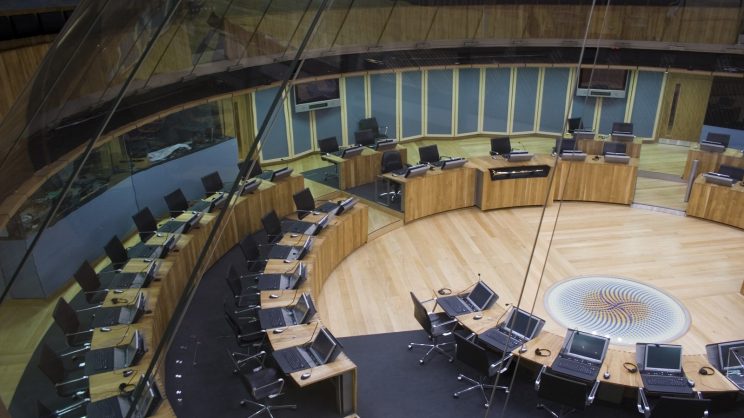The Welsh Government has proposed legislation to eliminate private profit from the provision of children’s residential and foster care. This aims to ensure that public money invested into the provision of children’s social care is used to ‘deliver better experiences and outcomes for children and young people, supporting service development and improvement and further professional development for staff.’ The proposals also reference ethical concerns with for-profit provision, including feedback from children and young people about being cared for by for-profit organisations.
The Wales Centre for Public Policy was commissioned by the Welsh Government to gather experts’ opinions on these policy proposals, specifically in relation to four questions:
- How does the profit motive influence the quality and nature of care provision and the experience and outcomes of children and young people being looked after?
- To what extent and how would the proposal contribute to the sustainability and stability of provision and the maintenance or improvement of outcomes?
- To what extent may the proposal be considered a proportionate measure? and,
- Is the proposal necessary to achieve the sustainability and stability of services for children looked after and the maintenance or improvement of their outcomes?
In January 2024, WCPP conducted 16 interviews with a range of experts, including representatives from academia, the third sector and individuals and organisations that have an understanding of the landscape of provision of children’s social care. The views of those directly involved in commissioning, purchasing, and the provision of care were not included, as the Welsh Government was of the view that these perspectives were well understood and involved in and informing policy development.
We found that there was agreement among interviewees that the current system is dysfunctional, and that there are major and longstanding issues around the sufficiency and quality of provision with impacts on outcomes for children and young people. However, there were divergent views on the role that profit plays in this, with some perceiving it as a symptom of the current disfunction, and others viewing it as a cause.
Interviewees also had different interpretations of the policy intent, and whether it was intended to target excessive profit making, or all profit making. There was also a divergence in views on whether it was necessary to remove all profit to ensure stability and sustainability in provision.
There was a consensus that eliminating profit will not adequately address the current issues around sufficiency and quality in provision by itself, and it had to be nested as part of a wider transformation agenda. To address the current issues, most interviewees suggested that the proposals need to be accompanied by investment in the sector.
All interviewees raised concerns about the implementation process, with the risk that it disrupts the already fragile landscape of provision. This could be characterised as a short-to-medium term risk to stability, with potentially harmful consequences for children and young people in care.
















































